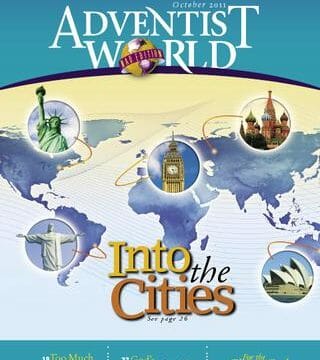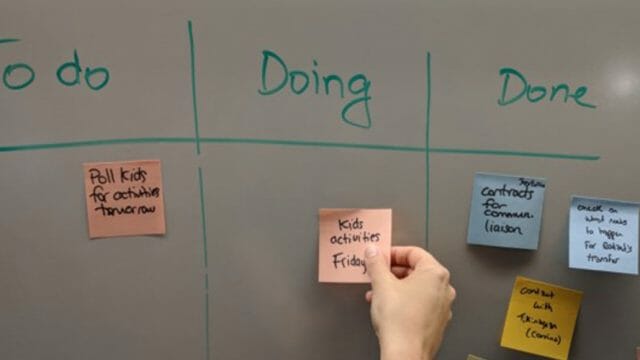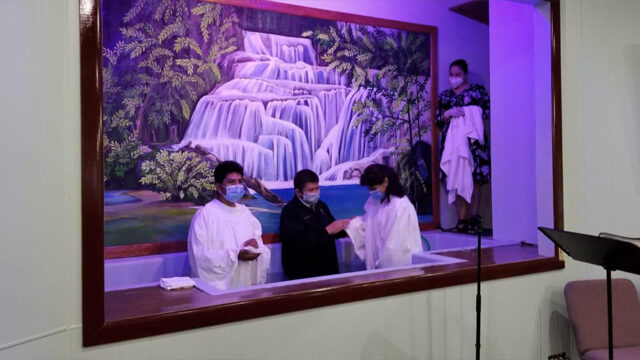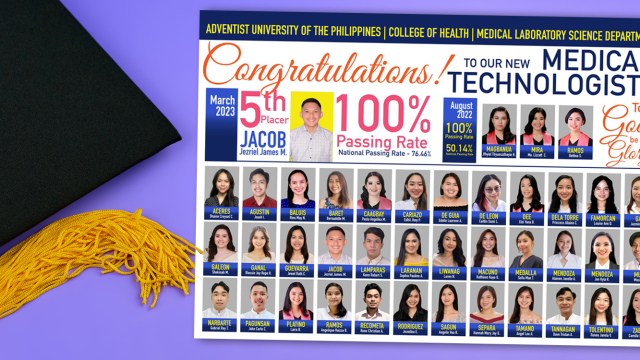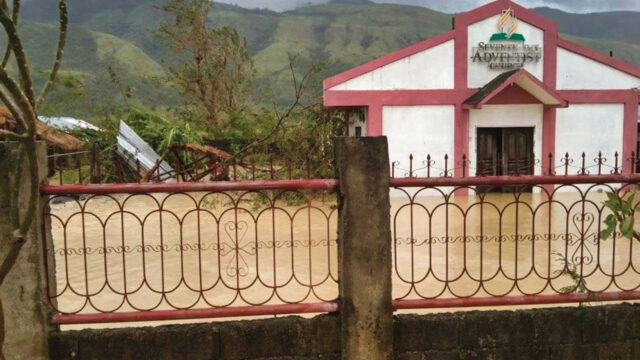Daniel Duda calls pastors to continue trusting God amid global and regional challenges.

The European Pastors’ Council (EPC) 2024 of the Seventh-day Adventist Church concluded in Belgrade, Serbia, with more than 1,200 pastors, departmental directors, Bible workers, and spouses from across Europe gathered to reignite their passion for ministry.
The week-long event, organized by the Trans-European Division (TED), highlighted the challenges faced by today’s pastors, including political polarization, declining church attendance, and the aftermath of the COVID-19 pandemic. Through a blend of inspiring sermons, practical workshops, and moments of worship, the EPC provided a much-needed opportunity for pastors to refocus their efforts in service to God and their communities.
Connecting with Culture
During the closing ceremony, pastors were challenged by Gary Krause, Adventist Mission director, via video interview to reflect on the imperative for churches to connect with diverse cultural groups authentically.
“What we are comfortable with talking about in a church needs to be translated,” he emphasized, “not just into a different language, but into their cultural language so it connects with their understanding.” Critiquing the reliance on “pre-packaged ways of communicating,” he advocated instead for ministries to invest time in “walking the streets, talking to people, listening, and asking questions to understand the people we’re trying to reach.”
Contemporary Challenges in Ministry
Confronting the myriad challenges facing modern ministry, including the aftermath of the COVID-19 pandemic, political polarisation, declining church attendance, and societal shifts leading to faith deconstruction, Daniel Duda, TED president, turned the challenges on their head.
“I want to talk to you about why this is a great time to be in ministry,” he said, “because I do believe that this is the time for the church to shine. The church can be at its best when the world is at its worst.” He urged pastors to view these difficulties as opportunities for God to work through their ministries.
Overcoming Personal Inadequacy
Duda also addressed feelings of inadequacy common among ministers, recounting the frequent internal refrain of “but I” that hinders many from fulfilling their divine calling. “ ‘But I,’ ” Duda explained, “is a phrase we often use to excuse ourselves from the calling of God.” He encouraged attendees to focus instead on “But God” — a reminder that God’s strength works through human weakness.
“God is bigger than your ‘but’,” he stated. “Stop excusing yourself from God’s calling on your life.” He illustrated this through biblical examples such as Moses, Esther, and Jeremiah, who all expressed self-doubt when called by God.
“God never disagrees with these statements,” Duda noted. “But He responds with ‘But God,’ turning our weaknesses into strengths through His power.”
Embedding Stories in God’s Narrative
Emphasizing the importance of seeing individual ministries within the context of God’s grand narrative, Duda explained, “The only way to redeem a broken story is to embed it into a bigger story.”
He reminded pastors that God’s overarching plan is steadfast and transformative despite current struggles. Drawing from 1 Corinthians 1:26-30, he highlighted how God chooses the “foolish,” “weak,” and “lowly” to achieve His purposes, ensuring that “no one may boast before Him.” Duda reinforced that “but God” moments in Scripture exemplify how divine intervention redefines human circumstances.
Vision for a Transformative Church
Looking forward, Duda painted a vision of a church that is thoughtful, innovative, and deeply engaged with contemporary issues. He drew parallels to Jesus’ decision to take His disciples to Caesarea Philippi, a place outside their cultural comfort zone, to teach them lessons they could not learn within the familiar surroundings of Galilee.
“Just as Jesus exposed His disciples to new ideas and cultures, we too must be willing to step out and engage with the world around us,” Duda urged.
Duda imagined a movement characterized by a “Spirit-led, Jesus-centered” ministry that embraces diversity, fosters meaningful community, and addresses societal injustices. “Imagine people who would think about how to live sustainably in this world, how to walk humbly and think about who you are becoming,” he encouraged.
Embracing God’s Mission
Concluding his message, Duda challenged pastors to choose between focusing on personal inadequacies or embracing God’s mission with confidence. “Will you choose to say, ‘but I,’ or will you say, ‘but God’?” he asked.
Duda encouraged attendees to devote their lives to building communities that reflect God’s love and transformative power, stating, “God has done it before. He has not lost His power. The Holy Spirit is still available.”
Continuity and Renewal
EPC 2024 fostered a sense of continuity and collective journey, with the praise and worship team choosing songs that resonated deeply with the attendees. Notably, a song used in both the opening and closing ceremonies was also sung at the 2018 EPC, reinforcing the idea that this gathering was not just a one-off event but part of an ongoing journey in ministry to provide fellowship, vision, and encouragement.
As the event culminated, Patrick Johnson, TED secretary, joined Duda in expressing heartfelt thanks to all who contributed to the event’s success — including Sava Center staff and Southeast European Union Conference volunteers, technical teams, and musicians. The closing worship, featuring uplifting songs like “All Creatures of Our God and King” and “My Lighthouse,” reinforced the themes of hope and divine guidance.
As the final blessing was pronounced, pastors departed Belgrade inspired and equipped to embrace their ministries with renewed faith, ready to face challenges not with “but I,” but firmly grounded in “but God.”
The original version of this story was posted on the Trans-European Division news site.




